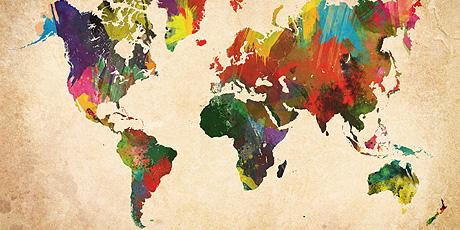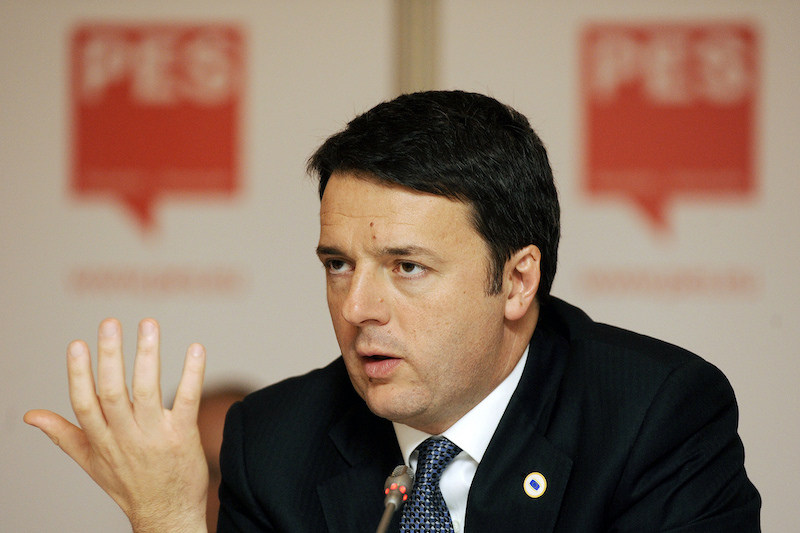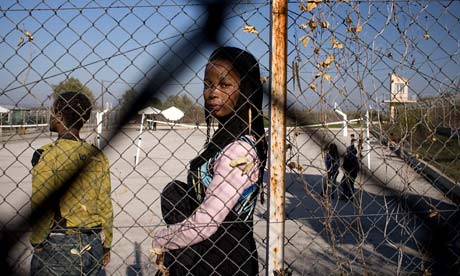In November 2014, Toronto native Jordan Axani reached out to the online community and offered a free ticket around the world to a complete stranger with the name Elizabeth Gallagher. What followed was nothing short of spectacular. Jordan received thousands of responses the world over, from women of all walks of life, all interested in accompanying Jordan on his global journey. All told, a total of 40-million social media impressions were made in the first 48 hours of the story’s breaking, in addition to 30,000 news articles worldwide and thousands of emails of support within the first week.
Jordan quickly realized that his idea was capable of spawning a movement, and thus, A Ticket Forward was born; a non-profit organization geared towards raising money for survivors of trauma, health issues, warfare or financial hardship to travel, discover the world and reconnect with their roots. What really resonated with Jordan were the hundreds of letters he received from complete strangers detailing harrowing stories of strength, courage and the very human fear that they might never have the opportunity to travel.
The impetus for this article was inspired by an interview Adena Eliasoph conducted with Jordan Axani in February 2015 about the mission, vision and future of A Ticket Forward.
The ‘Global Village’
The process of globalization has rapidly transformed the way in which nations conduct affairs, interact with one another and form partnerships in the 21st century. This phenomenon isn’t new or revolutionary in and of itself, but certain technological and economic facets of it have come to be regarded as defining features of the international system in the 21st century. Many global issues such as climate change and terrorism, which are becoming increasingly important in the international community, are global in their reach, transcending state borders and permeating all aspects of everyday life. The increased interconnectedness and subsequent social, economic, and political engagement that the current wave of globalization has afforded us, through ease of travel and communication, is unprecedented and shows no signs of slowing down. The role of civil society in this new age has never been more paramount, driving the empowerment of citizens, promoting change and catalyzing the achievement of the common good at a grassroots level.
Paying it Forward
Travel can be a deeply personal experience, often reflecting the unique personality traits and motivations of individuals. People choose to travel for different reasons, but whether it is for business, pleasure or to reunite with a family or place, there is an underlying thread that unites us all. The desire to access a world beyond our front door, and the knowledge that is gained through the exposure to new or revisited territory can be powerful and influential. It can allow us to view the world, and the important issues that impact us all, through a new lens, one that is not bound by cultural, political or social bias.
For Saida, a survivor of wartime trauma, who was forced to flee her home country of Somalia at a very young age, the opportunity to return to Africa and reunite with her roots is significant. Millions of individuals worldwide have been displaced from their homelands, their families and their communities due to war, illness and lack of opportunity. For many in this position, a ticket home can provide the impetus and empowerment needed to make important, sustainable and often life changing decisions. The long-term outcome of this process can be realized, when these very individuals become great forces for change in their communities, emanating the ideal of ‘thinking globally, acting locally’ in their everyday lives.
Fostering Interconnectivity and a Global Mindset
The process of globalization, and the enhanced interconnectedness it offers us through new and innovative technologies, has allowed countless non-profits and charities to extend their reach, positively impacting on a greater number of individuals and communities worldwide. From the establishment of remote medicine e-learning programs, to early warning radio networks in war torn territories, modern technologies are enhancing the way in which social issues are approached. New and emerging Information and Communication Technologies (ICTs) are reshaping world economic systems, governments and societies. A 2008 United Nations Foundation and Vodafone Group Foundation technology partnership is helping the United Nations achieve the Millennium Development Goals and tackle key health, social, environmental, and development challenges.
In this age of increased connectivity, there is great benefit in harnessing the power created by a network of globally-minded individuals who are dedicated to achieving a common good through travel, international development and social entrepreneurship. Progress, development, sustainable solutions and shared opportunities abound when social enterprises partner with business leaders to develop novel, market driven and sustainable solutions to the world’s most pressing problems.
To learn more about the remarkable work Jordan and his team are carrying out, please visit http://www.aticketforward.org/.






